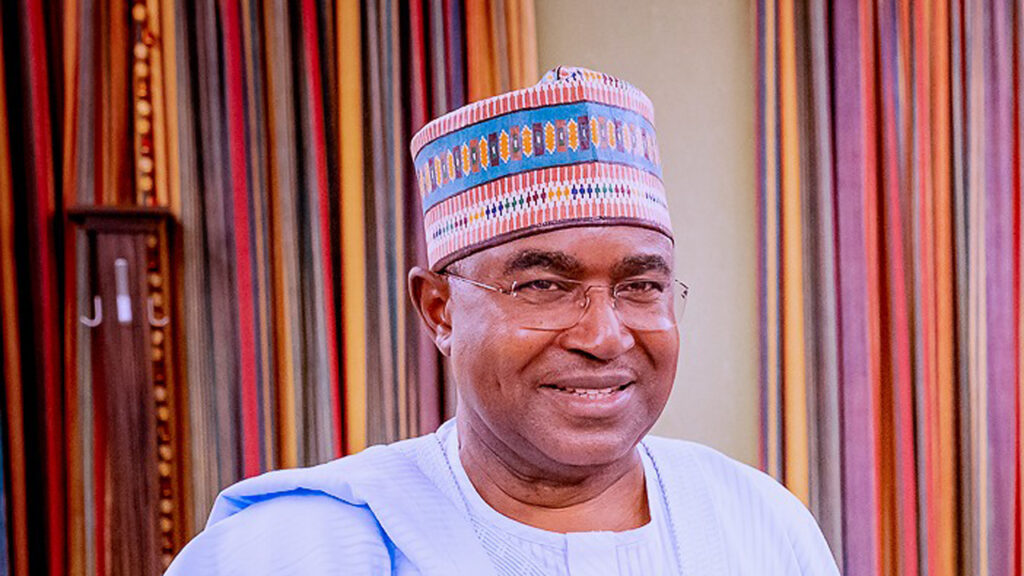
United States-based Assistant Professor of Family Medicine, Dr. Oyetokunbo Ibidapo-Obe, has encouraged medical students to consider building a career in clinical-academic medicine, to reposition the Nigerian healthcare ecosystem and advance medical research output across the African continent.
This was revealed during the first edition of the Oyetokunbo Ibidapo-Obe’s Medical Student Summit, held at the College of Medicine of the University of Lagos (CMUL).
The summit, which seeks to advance the longevity of medical art across the country, had the theme, ‘The Nexus between Striking Academic and Professional Relevance Across the Global Medical Landscape’.
The event featured Vice President of the Nigerian Medical Association (NMA), Dr. Tunji Adenekan, as well as an Australian-based Nigerian Emergency Physician, Dr. Osiomah Omogbai-Musa Anthony, who offered extensive career-related counsels on how Nigerian-trained medical students could positively contribute towards reshaping the medical space and leverage collaborations and mentorship opportunities at all levels.
Commenting on the need for medical students to consider a career in academic medicine, Ibidapo-Obe noted that being an academic physician affords one the opportunity to carve a niche within the global medical terrain, while also making tremendous contributions to both academic medicine and clinical practices.
She said: “The academic space within the global medical ecosystem gives you the opportunity, as a budding physician, to explore possible areas of interest you might not have considered initially. This is because academic medicine takes you to an unbeatable height of professional excellence, which is not comparable to what being a regular doctor affords you.
“This is made evident as clinical-academic medicine enables medical practitioners to contribute towards the advancement of medicine, while also developing a strong network of medical researchers, with the option of then pivoting into the world of private practice.”
Speaking on leveraging opportunities inherent in exploring mentorships and collaborations, Adenekan admonished students to explore networking opportunities the NMA provides upon completion of their programme. This is because it keeps them updated with developments across the Nigerian medical community.
He noted: “As you advance in your medical career, irrespective of your area of specialisation, it is advisable that you key into the NMA upon completion of your studies, regardless of where you are practising. This is a critical part of your career as it keeps you informed about possible collaborations, including medical-related events, that could set you apart in the medical field.”
Clinical-academic medicine, according to Sheffield University, involves a combination of research, teaching, and patient care. However, data from diverse international organisations indicate that there has been a massive shortfall of clinical academics across the world, particularly in developing countries.









